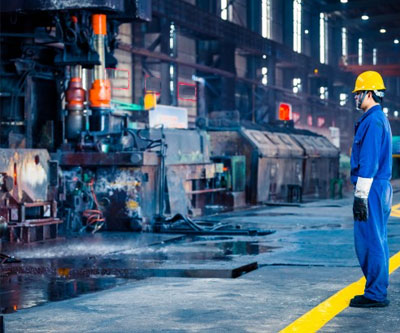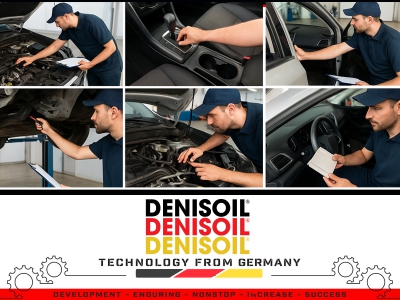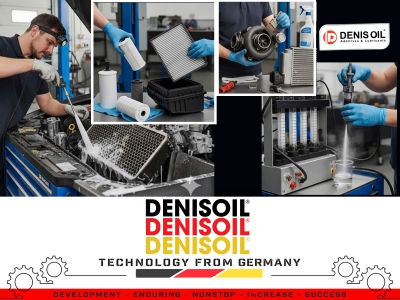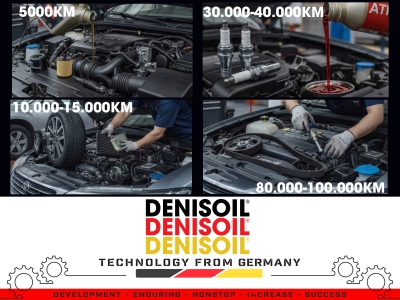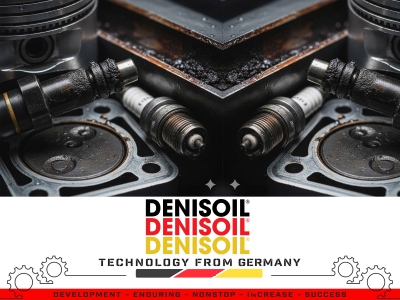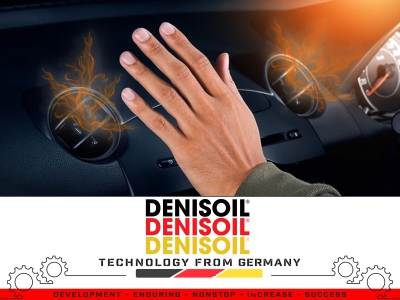Diesel-engined cars are famous for their durability, strong pulling power and outstanding fuel economy. However, after a long time of use, many cars begin to experience sluggishness, black smoke, fuel consumption and reduced power.
The main cause comes from the decline in efficiency of the fuel system, intake air, exhaust gas. Below are detailed instructions to help you restore full power to your diesel car.
1. CAUSES OF DIESEL-ENGINE ENGINE VEHICLES BEING WEAK AND EMITTING BLACK SMOKE
1.1. Fuel injectors are clogged or worn
This is the most common cause.
After a long time, dirt in the fuel and soot stick to the injector, causing the spray to be misdirected or uneven - the fuel does not burn completely - producing black smoke, engine vibration, and reduced power.
In addition, low injection pressure due to worn injectors also causes inefficient combustion.
1.2. Clogged fuel filter
Diesel in Vietnam often contains high levels of impurities and water, causing the filter to quickly become dirty.
When the filter is clogged, the pressure on the fuel line decreases, the injector does not receive enough oil - the vehicle loses power and weakens when accelerating.
1.3. Dirty or damp air filter
The air filter limits the amount of air entering the combustion chamber - the air-fuel ratio is not standard (too much oil, too little air) - causing black smoke, soot to stick to the combustion chamber and exhaust manifold.
1.4. Weakened turbocharger
Dirty turbo fan blades or worn shaft bearings cause the turbo to rotate slowly or leak compressed air, not enough intake pressure.
As a result, combustion efficiency is significantly reduced, the vehicle loses "lift" when accelerating or climbing slopes.
2. STEPS TO RESTORE POWER FOR DIESEL ENGINE

2.1. Clean and check fuel injectors
Remove each injector, clean with a specialized solution or ultrasonic machine.
Check the opening pressure, flow rate and spray pattern with specialized equipment.
If the injector is leaking, spraying incorrectly or leaking oil → should be replaced synchronously to ensure balanced power between cylinders.
2.2. Clean Turbo and Intercooler

Use specialized solution to clean fan blades, shaft and compressed air intake.
Cleaning the Intercooler helps reduce intake air temperature, increase air density, help the engine burn cleaner and stronger.
2.3. Replace fuel filter and air filter
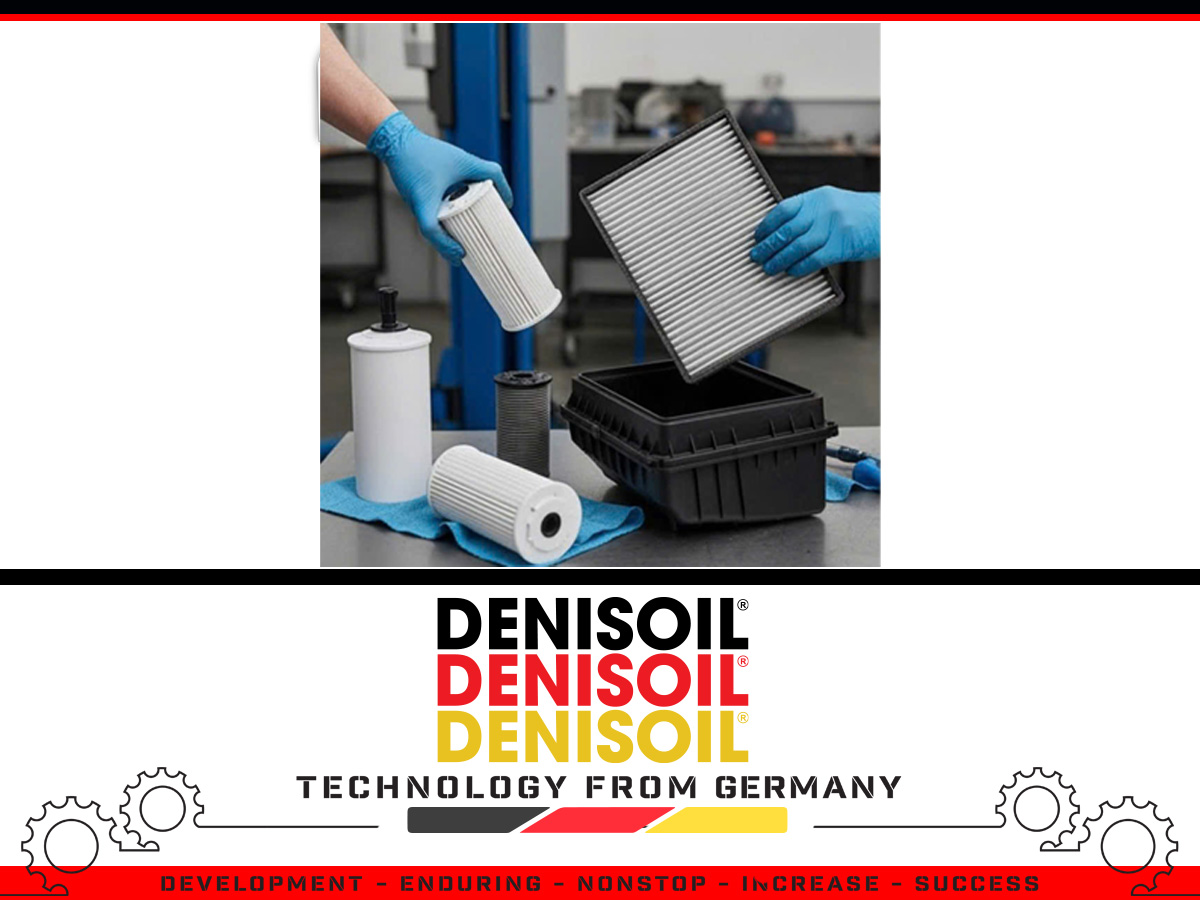
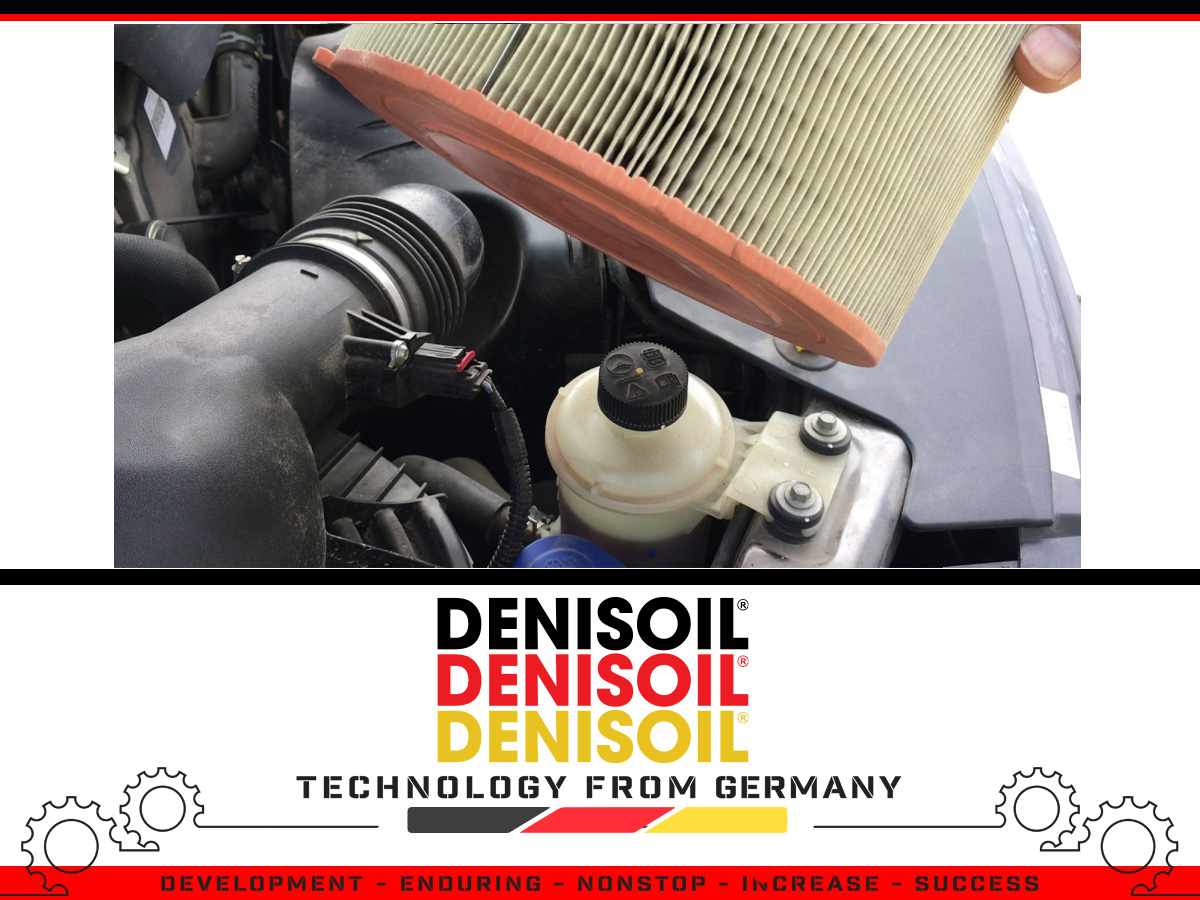
The fuel filter should be replaced every 10,000–15,000 km, depending on the quality of Diesel oil.
The air filter should be cleaned every 5,000 km (for dusty environments) or replaced if torn or damp.
Prioritize genuine filters or those that meet ISO/TS 16949 standards to ensure filter performance and injector life.
2.4. Cleaning the EGR and DPF systems (new vehicles)
For vehicles that meet Euro 4 - 5 emission standards, the EGR (exhaust gas recirculation) and DPF (soot particulate filter) systems are easily clogged.
Regular cleaning is required every 20,000 - 30,000 km with a specialized solution or DPF cleaning machine to avoid the "check engine" error and reduced power.
CONCLUSION
Diesel-engine vehicles are inherently "strong" and durable, but if they lack regular care, the components in the fuel - intake - exhaust system will quickly deteriorate, causing engine sluggishness, black smoke and oil loss.
Maintain the habit:
Use clean fuel and descaling additives regularly
Replace fuel and air filters on schedule
Clean injectors, turbo, EGR, DPF properly
A diesel engine vehicle that is properly maintained will always be powerful, economical and smoke-free, true to the reputation of the Diesel engine!
 Tiếng Việt
Tiếng Việt
 Chinese
Chinese
 English
English






